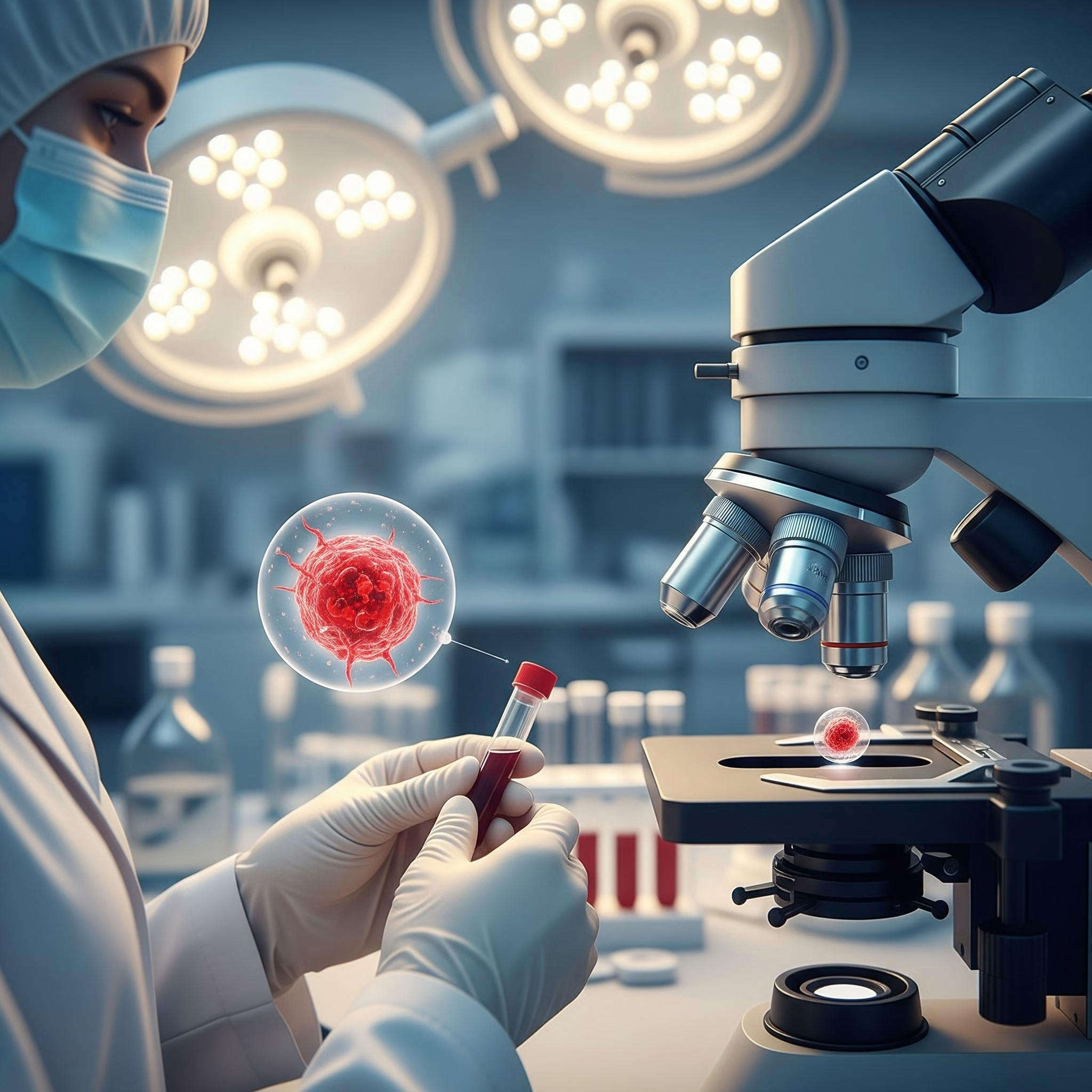Researchers at Johns Hopkins University have achieved a significant breakthrough in cancer diagnostics with the development of a blood test capable of identifying cancer up to three years before any symptoms emerge. This innovative technology detects tumor-derived DNA mutations circulating in the bloodstream, providing a powerful tool for proactive cancer screening.
Early Detection: A Game-Changer
The study, published in Cancer Discovery, analyzed blood samples collected from participants in a long-term health study. The results revealed that cancer-related genetic mutations could be detected as early as 3.1 to 3.5 years before an actual diagnosis. This crucial window allows for early intervention, meaning treatment can begin when the disease is in its less advanced and more manageable form. Early detection is associated with improved survival rates and often reduces the need for aggressive therapies.
How the Test Works
This groundbreaking blood test identifies tiny fragments of DNA released by cancer cells into the bloodstream. By analyzing these fragments, researchers can detect the unique genetic mutations associated with different types of cancer. This method offers a non-invasive way to screen for cancer, potentially making routine checkups far more effective in the future.
The Future of Cancer Screening
While this development represents a major leap forward, further studies are essential. Researchers are working to refine the test and determine the best clinical responses to early positive results. The ultimate goal is to create a reliable and widely accessible screening method that could transform how cancer is detected and treated.
A New Era of Preventive Healthcare
If perfected, this technology has the potential to redefine preventative healthcare. By giving individuals a greater chance to stop cancer in its earliest stages, this innovation offers hope for a future where cancer is less feared and more effectively managed. This blood test stands as a testament to the remarkable progress being made in the fight against cancer.




